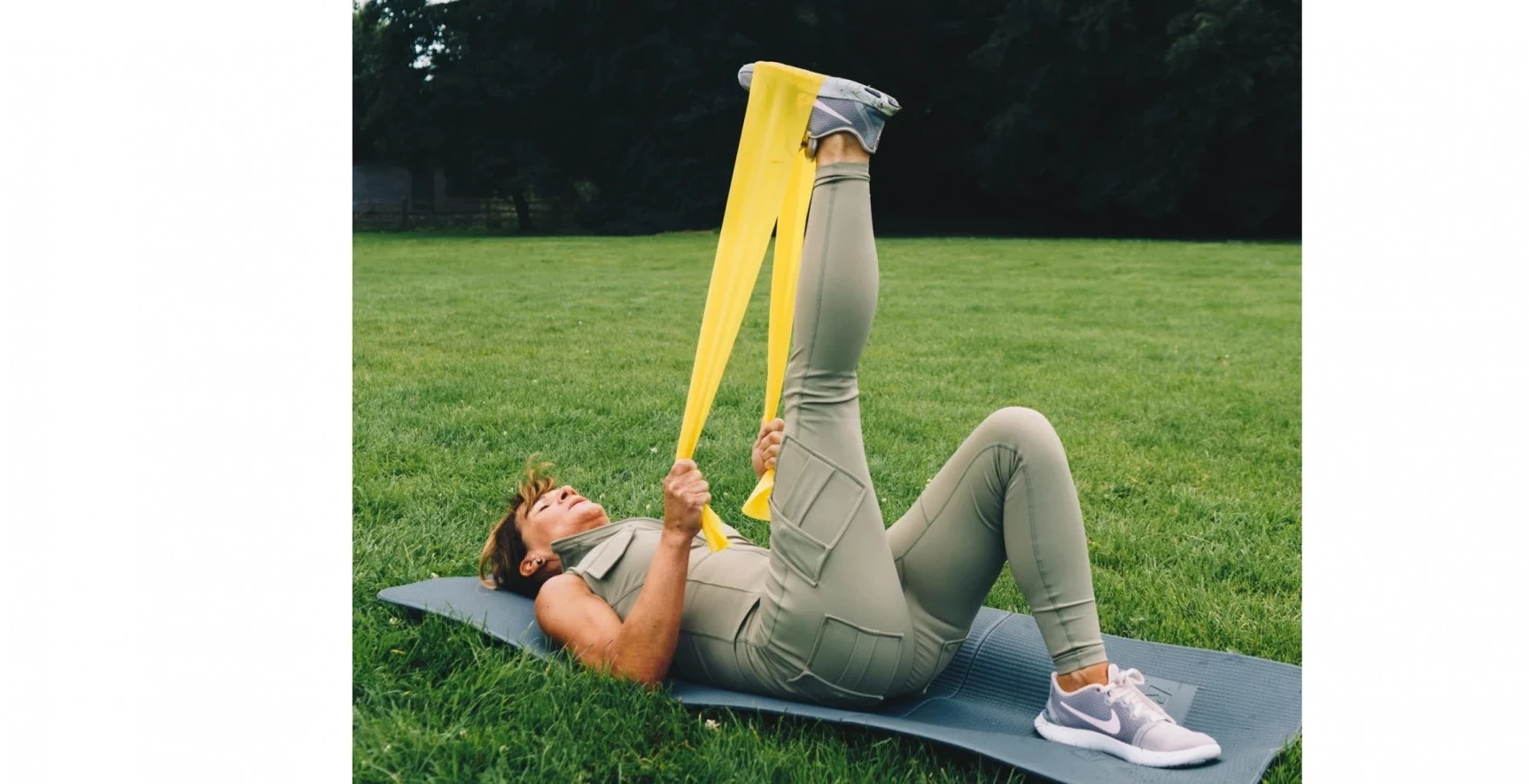Fascia what is it & why nurture it?
Fascia, as you may already know, is a thin casing of connective tissue, made up of layers of liquid in between, which surrounds & holds every organ, blood vessel, bone, nerve fibres & muscles in place & is designed to stretch as we move.
There are things that cause the fascia to thicken & become sticky. When it is stressed it dries up it tightens around the muscles, which can in turn limit our mobility and can cause painful knots to develop.
Factors that cause fascia to become sticky, can include:
- A lifestyle of limited physical exercise - too little movement in the day
- Repetitive movement that overworks one part of the body
- Surgery or injury
It can also have a direct impact on our energy levels, and it appears it may impact our stress levels. Studies are also being undertaken to ascertain whether looking after your fascia can reduce cancer & other diseases. So, plenty of reasons to look after it!
What we can do to keep fascia flexible?
Keeping our fascia healthy has many benefits.
It will enable us to move more easily and better range of motion which are both parts of total fitness, and we will experience less pain.
Here are just a few things we can do to prevent issues:
- Move More - In addition to a consistent, varied exercise routine, it's important to be active during the day. If working at home, why not take a couple of minutes break every hour to stand up and move around and walk as much as you can.
- Stretch Regularly - Talking candidly before, this is one of my areas to develop within my total fitness. Stretching is essential to good health. It reduces the risk of inflammation & structural problems in the body. For those of you who maybe partaking in Zoom classes at the moment make sure you take time to stretch off properly afterwards especially if the class finishes without incorporating a good stretch routine - a good 10 minutes or so as a minimum.
- Focus on posture - Slumping over a desk, laptops or walking in an awkward way to compensate for an injury can cause fascia to tighten. Try to maintain good posture while sitting and standing.
- Loosen those knots! - foam rolling using a foam roller to release tension really helps. I started to doing this when I was introduced to it as part of my personal trainer qualification - it's a good one & which I personally need to do more of!
- Eat more fruit & vegetables - inflammation throughout the body infiltrate the fascial tissue, causing pain. A diet that's packed with fresh produce, healthy fats and limited processed foods is said to help.
- Drink water! - If you don't drink enough water, you'll become dehydrated as discussed on previous blogs. Dehydration will impact on the tissue and can compromise mobility.

